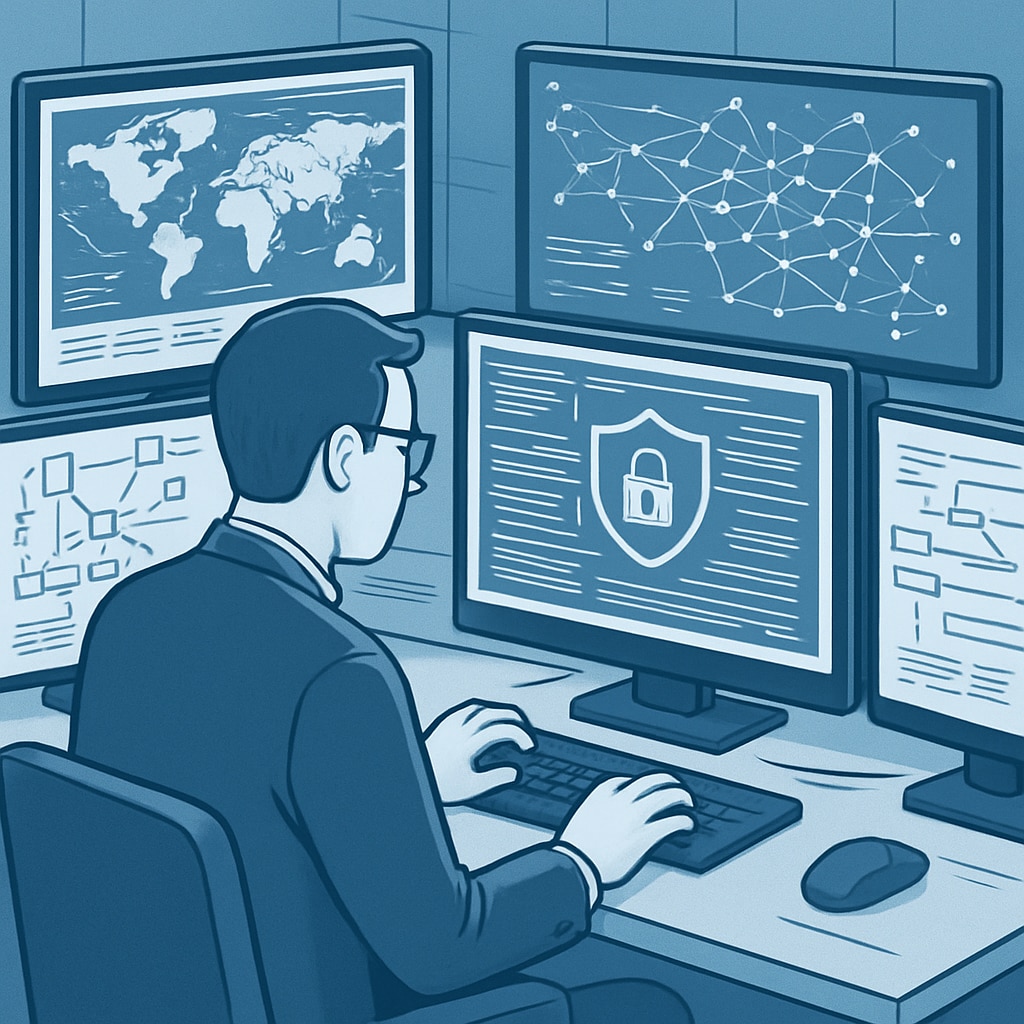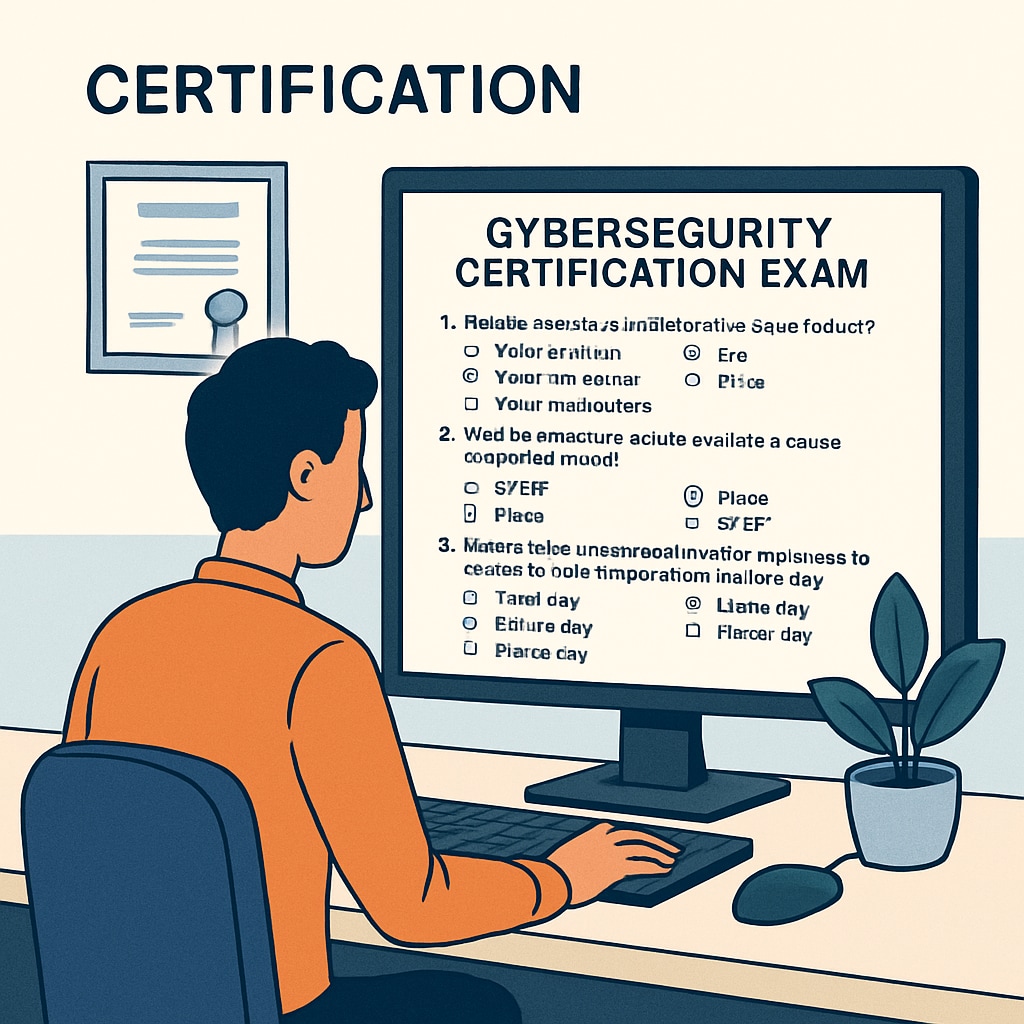Does university reputation truly dictate the employment prospects for cybersecurity graduates? It’s a question many aspiring students and their parents ponder. While the prestige of a university can sometimes open doors, the cybersecurity industry places significant emphasis on practical skills, problem-solving ability, and real-world experience. This article explores how university reputation, employment opportunities, and core competencies interact, offering students guidance to navigate their career paths effectively.
The Role of University Reputation in Cybersecurity Careers
University reputation often carries weight in industries where networking, alumni connections, and institutional prestige are central to success. For example, fields like business consulting or law may prioritize the name of the school on a resume. However, cybersecurity is a domain that thrives on measurable technical expertise and hands-on problem-solving. Employers in this field often prioritize certifications, practical experience, and demonstrated ability over the university’s brand.
For instance, certifications such as CompTIA Security+, CISSP (Certified Information Systems Security Professional), or CEH (Certified Ethical Hacker) are highly regarded by employers. These credentials are widely recognized and provide proof of specialized skills, often outweighing university prestige in hiring decisions.

Skills vs. Reputation: What Do Employers Really Value?
In cybersecurity, the ability to tackle real-world challenges is paramount. Industries are increasingly looking for candidates with hands-on experience, whether through internships, hackathons, or personal projects. This creates an environment where skills and practical knowledge often overshadow the university’s reputation.
For example, a candidate who has developed malware analysis tools or successfully mitigated simulated cyber attacks during training will likely stand out more than a candidate whose resume solely boasts a degree from a prestigious institution. Moreover, many companies utilize technical assessments or live problem-solving scenarios during interviews to gauge an applicant’s abilities.
Key skills employers seek in cybersecurity professionals include:
- Proficiency in programming languages such as Python, C++, or Java.
- Understanding of networking concepts and protocols.
- Knowledge of security frameworks and compliance standards (e.g., NIST, GDPR).
- Experience with penetration testing and vulnerability assessment.
- Critical thinking and analytical skills.

Career Planning Advice for K12 Students Interested in Cybersecurity
For K12 students aspiring to enter the cybersecurity field, it’s essential to focus on developing both technical skills and a clear career strategy. While university reputation can play a role, the true differentiators in cybersecurity are certifications, portfolio projects, and practical experience. Here are some actionable tips:
- Start Early: Explore cybersecurity basics through online courses, such as those offered by platforms like Coursera or Udemy.
- Participate in Competitions: Engage in cybersecurity challenges like Capture the Flag (CTF) contests to build practical skills.
- Earn Certifications: Begin with entry-level certifications like CompTIA Security+ or Cisco’s CCNA to establish foundational knowledge.
- Build a Portfolio: Create a portfolio showcasing projects, such as building secure networks or analyzing threats.
- Network Strategically: Connect with industry professionals through LinkedIn or attend cybersecurity conferences and meetups.
Ultimately, K12 students should remember that their future success in cybersecurity will depend on their ability to adapt to evolving threats and technologies, rather than the prestige of their alma mater.
Conclusion: Balancing Prestige and Practical Skills
While university reputation may help in securing initial interviews, the cybersecurity industry values technical expertise and real-world problem-solving more. For aspiring professionals, the focus should be on acquiring in-demand skills, earning certifications, and gaining hands-on experience. By prioritizing these areas, students can maximize their employability and thrive in this dynamic field.
As the cybersecurity landscape continues to evolve, the true measure of a professional’s value lies not in the name of their university but in their ability to defend against increasingly sophisticated threats.
Readability guidance: Use short, concise paragraphs and actionable advice. Balance technical terms with accessible language to ensure the article appeals to both aspiring students and general readers. Incorporate lists and examples to enhance comprehension.


